|
Some ecologists have called this time, when Earth is seeing an unprecedented loss of species, as a sixth mass extinction. But extinctions have occurred for as long as life has existed. What’s worrying about this period is how quickly extinction is occurring. Jaco Le Roux, Florencia Yanelli, Heidi Hirsch, Maria Loreto Castillo, José María Iriondo Alegría and Marcel Rejmánek outline their findings about the rate of extinction among plant species. The news is not good.
Cameroon is no closer to solving a crisis that’s led to widespread violence over the past three years. People in the country’s English-speaking regions feel they are marginalised by the Francophone government. Their protests have been met with state-sanctioned violence. Felix Agbor Balla Nkongho, a Cameroonian lawyer and human rights activist, was among those detained for taking part in the protests. He discusses the country’s precarious situation with Cheryl Hendricks and Gabriel Ngah Kiven.
|
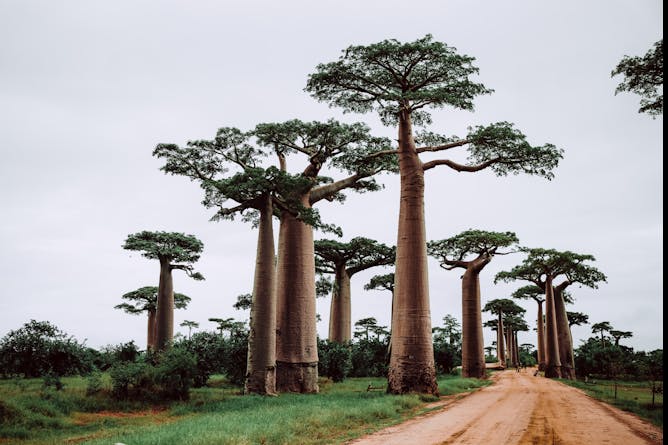
Plant extinctions have skyrocketed, driven in large part by land clearing and climate change.
Graphic Node/Unsplash
Jaco Le Roux, Macquarie University; Florencia Yanelli, Stellenbosch University; Heidi Hirsch, Stellenbosch University; José María Iriondo Alegría, Universidad Rey Juan Carlos; Marcel Rejmánek, University of California, Davis; Maria Loreto Castillo, Stellenbosch University
Human-driven land clearing and climate change are sending plants extinct at a rapid rate, risking a devastating biodiversity crash.
|
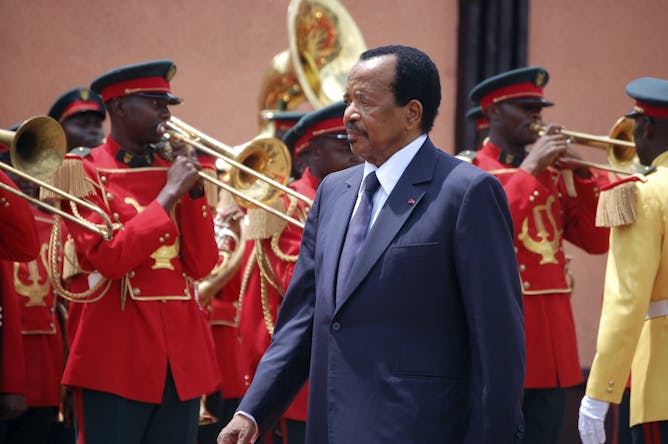
The government of President Paul Biya is accused of committing atrocities against opponents.
EPA-EFE
Cheryl Hendricks, Human Sciences Research Council; Gabriel Ngah Kiven, University of Johannesburg
Cameroon's English speaking people suffer gross marginalisation and are treated as second-class citizens by the Francophone government.
|
Energy + Environment
|
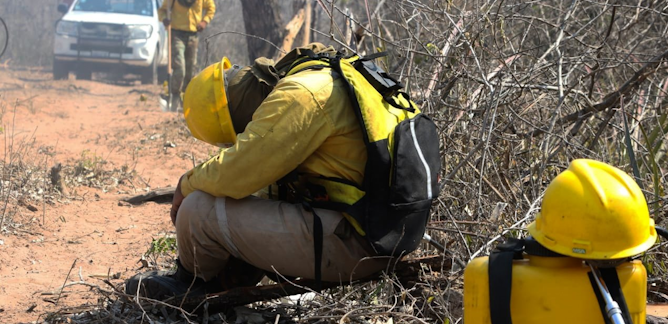
Claire F.R. Wordley, University of Cambridge
While the world watches the Brazilian Amazon burn, across the border in Bolivia it’s also ablaze.
| |
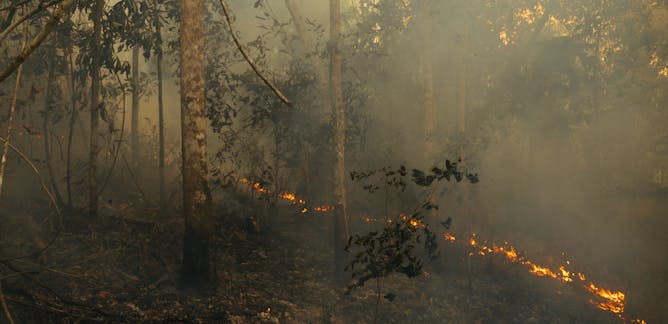
Jos Barlow, Lancaster University; Alexander C. Lees, Manchester Metropolitan University
Rainforest species didn't co-evolve with fire – and even a low intensity wildfire can kill half the trees.
|
|
|
Politics + Society
|
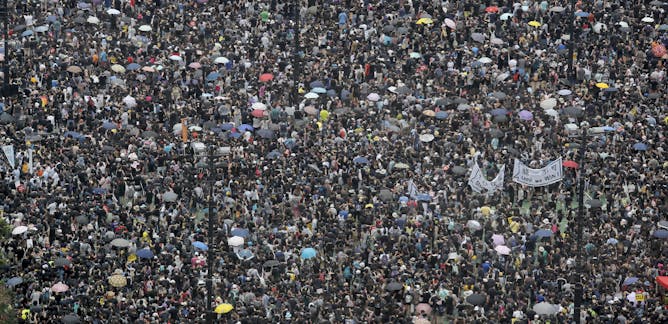
Allen Morrison, Arizona State University
While the political and long-term consequences of the protests are still impossible to know, Hong Kong is already experiencing some short-term economic impacts.
| |
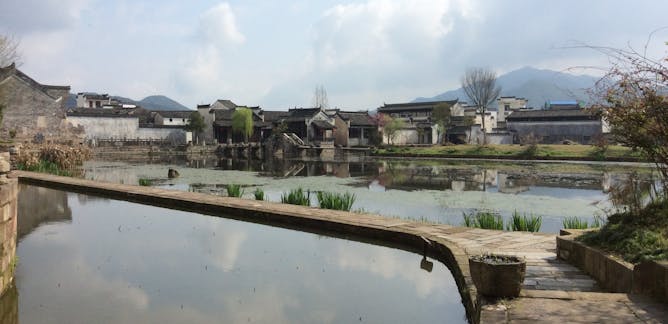
Xiang Ren, University of Sheffield
Two thirds of China's 900m rural residents are moving to cities. Now, architects are finding ways to preserve their built heritage, before it disappears.
|
|
|
En français
|

Roland Pérez, Université de Montpellier
Les signaux indiquant la fin du cycle haussier amorcé depuis la crise de 2008 se multiplient. Cette situation devrait donner lieu à de vifs échanges lors du G7 de Biarritz qui s’ouvre le 24 août.
| |

Christian Bromberger, Aix-Marseille Université (AMU)
Les autorités iraniennes comprennent, à la rigueur, que des universitaires étrangers se passionnent pour l’archéologie ou la philologie mais toute recherche sur la société contemporaine est suspecte.
|
|
|